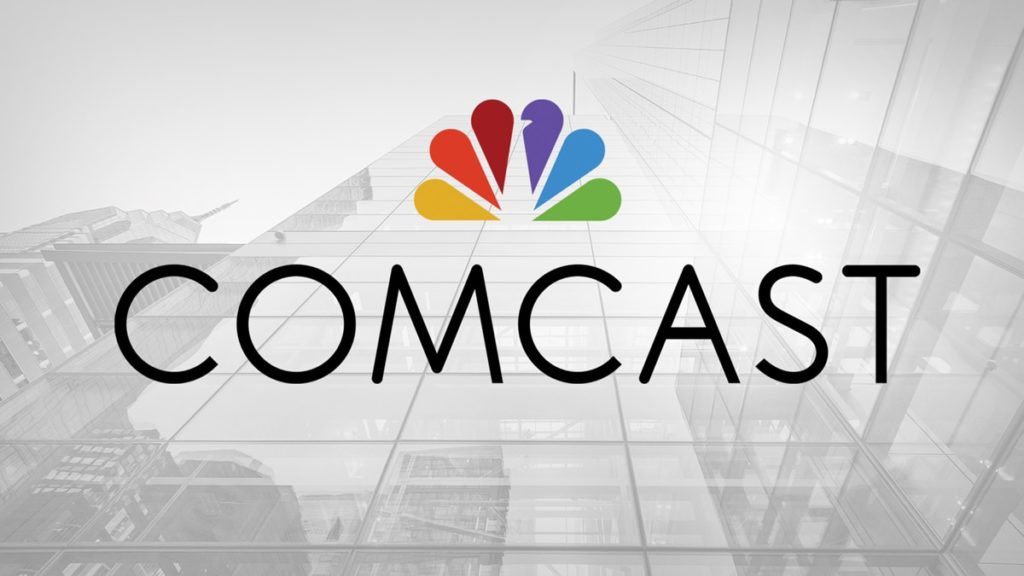
It’s probably a good idea to check whether a home is properly wired for internet before purchasing it. Zachary Cohn and Lauryl Zenobi, a Seattle couple, learned the hard way, having recently bought a house in the Northgate neighborhood of the city and receiving a $27,000 quote from Comcast after realizing that the home required 181 feet of underground cable line extended to it before they could get access to the company’s high-speed broadband. The quote followed months of inquiries to the cable TV and ISP provider, which allegedly failed to respond until the couple sought help from the City Councillor’s office. Cohn and Zenobi ultimately opted not to pay the fee and went with a 4G hotspot instead.
“I was just flabbergasted that a house like this, in an area like this, could possibly have never been wired for Internet,” Cohn told Ars Technica in a phone interview, noting that the house is “in the middle of Seattle” so “it didn’t even dawn on [him] that that was possible.” Lack of Internet service would be “more understandable” if he was two miles from his nearest neighbor, he added.
Getting an Internet connection is no guarantee even in densely populated cities, as one Seattle couple found out when Comcast asked for $27,000 to connect their home.https://t.co/RvYSEPDCQH
— Ars Technica (@arstechnica) June 30, 2022
The Seattle Kraken hockey team’s $80 million practice facility is in the same Northgate neighborhood, about a half-mile from the house. There’s a major bus station in the area, a light rail station that recently opened nearby, and an elementary school within about a 90-second walk, Cohn said, noting that the property is “well within the Seattle city limits.”
The house, built in 1964, is also about 10 miles from both T-Mobile Park, where the Seattle Mariners play, and Lumen Field, the Seattle Seahawks stadium named after CenturyLink’s Lumen brand. T-Mobile doesn’t offer its new home Internet service at the house. CenturyLink offers Internet service at Cohn’s address—but only its ancient DSL with download speeds of up to 3Mbps and upload speeds up to 500kbps. Cable and fiber just aren’t available at the house.
Source: Ars Technica
